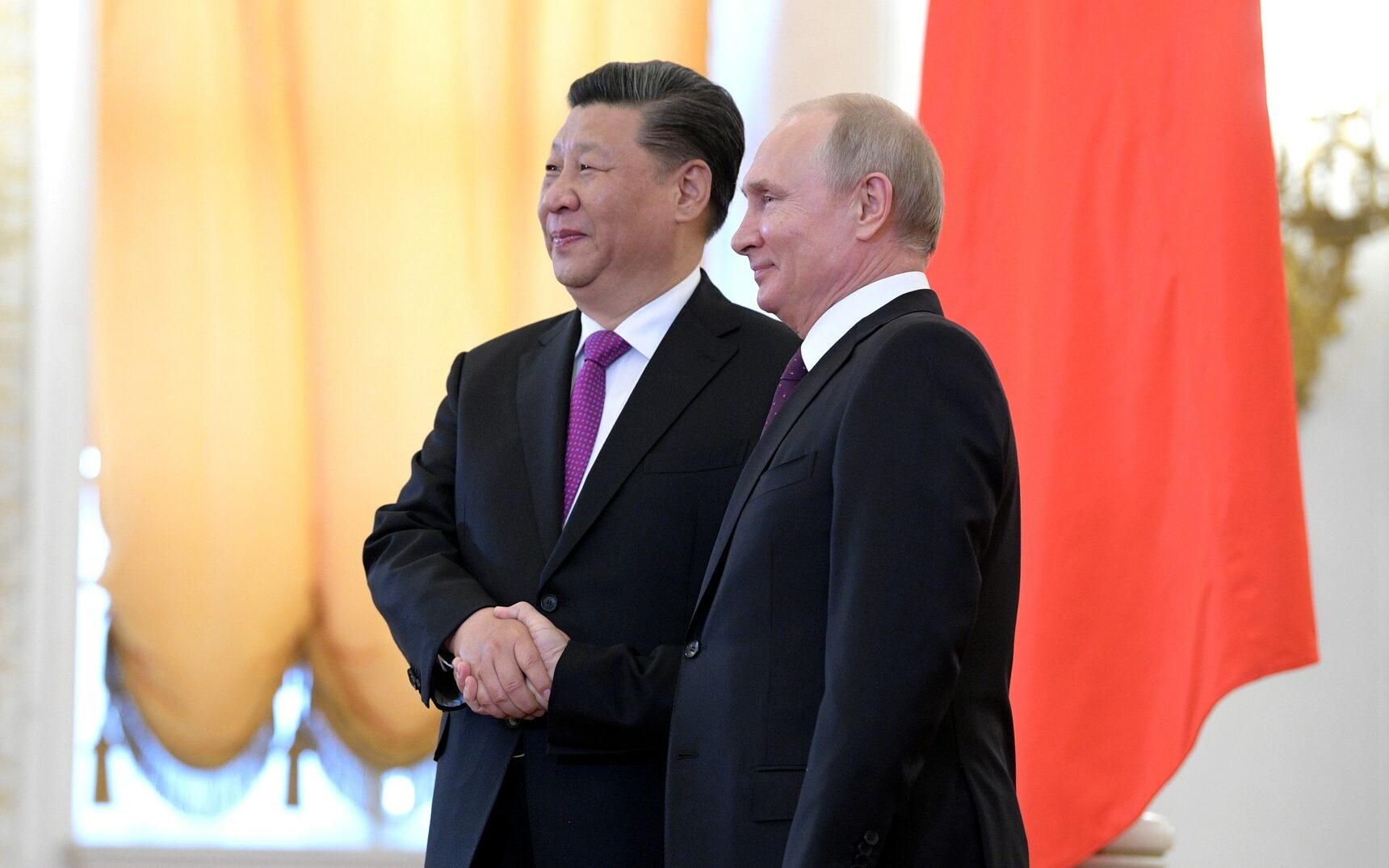Does China Really Need Russian Gas?

Russia has announced new gas trading agreements with China. But Beijing will not be a "new Europe" for Moscow. Here because
During his visit to Uzbekistan, Russian Deputy Prime Minister Alexander Novak said Russia and China will soon sign trade agreements for "50 billion cubic meters of gas" per year through the Siberian Force 2 pipeline ( o Power of Siberia 2), still under construction.
ALL THE STRENGTHS OF SIBERIA 2
2600 kilometers long and passing through Mongolia, it is estimated that Force of Siberia 2 will be operational in eight years, in 2030. The pipeline markets the reserves of Western Siberia, the same ones that reach Europe. The maximum quantity of gas it will be able to transport annually will amount to 50 billion cubic meters, slightly less than the capacity of the main Russian pipeline with Europe, Nord Stream 1 (55 billion cubic meters).
CHINA WILL REPLACE EUROPE, SAYS NOVAK
Interviewed by the Russian television broadcaster Rossiya-1, Novak stated that the Siberian Force 2 will replace the Nord Stream 1, which has been inactive since the beginning of September. In the Kremlin's plans, therefore, the Chinese market will make it possible to compensate for the loss of the European one – the most important for Moscow so far – after the invasion of Ukraine.
The minister added that in 2022 Russian gas exports to the European Union will decrease "by about 50 billion cubic meters"; those to China through Forza della Siberia 1 – operational since 2019, but draws from fields other than those destined for sale in Europe -, on the other hand, will grow by 20 billion cubic meters per year.
THE FAR EAST ROUTE
Moscow and Beijing have also reached an agreement to build new gas transport infrastructures from the Russian Far East to northern China, for an additional capacity of 10 billion cubic meters.
DOES CHINA REALLY NEED RUSSIAN GAS?
The Russian gas company Gazprom already sells gas to China through Siberian Force 1, on the basis of a $ 400 billion thirty-year contract signed at the end of 2019. This year it is expected to supply Beijing with 16 billion cubic meters, until it reaches the full capacity of 38 billion cubic meters in 2025; in 2021, before the war began, Russia sold 155 billion cubic meters of gas to the European Union.
The 10 billion cubic meters that will have to reach northeastern China (in the Heilongjiang province, more specifically) through a new maritime pipeline that will depart from the Russian island of Sakhalin, in the far east of the country, will do so no earlier than 2026 , or so.
– Read also: Will China buy all of Russia's gas?
Regardless of the timing and selling prices – Beijing has snatched lower ones -, China is unlikely to turn into a "new Europe" for Russia. For the European Union, Russia was – before the forced detachment from the invasion, at least – an indispensable source of gas. But it is not for China, which has many alternative suppliers: Turkmenistan and Kazakhstan via pipes; Qatar and the United States via LNG carriers.
In addition to the agreements with Moscow, Beijing is in fact negotiating a new gas pipeline with Turkmenistan for the import of 25 billion cubic meters of gas per year for thirty years: it is called Central Asia-China Gas Pipeline D, passing through Tajikistan. and Kyrgyzstan. China also has long-term agreements with Qatar and the United States for supplies of liquefied gas (LNG): 42 million tons per year, most of which will begin to arrive within five years. Force of Siberia 2 will not be operational until eight.
– Read also: Russia and China get gas, but to what extent?
THE OUTLOOK FOR RUSSIA
Pipeline exports to China represent a small part of the Russian total (210 billion cubic meters in 2021), and will not increase significantly for at least eight years.
As for liquefied gas, of which Beijing has actually increased purchases from Russian fields in the east, the future prospects are not very positive for Moscow. In fact, to increase production and consequently sales, the country will need foreign technologies and services.
The icebreakers needed to operate in Arctic waters are provided by South Korea, which has sanctioned Russia. And even if the Russians succeed in extracting the gas, they will not be able to transport it without first liquefying it: but the technologies that allow it are Western, and oil companies like Shell have abandoned the projects in which they participated.
This is a machine translation from Italian language of a post published on Start Magazine at the URL https://www.startmag.it/energia/cina-gas-russia-power-siberia-2/ on Wed, 21 Sep 2022 04:53:25 +0000.
